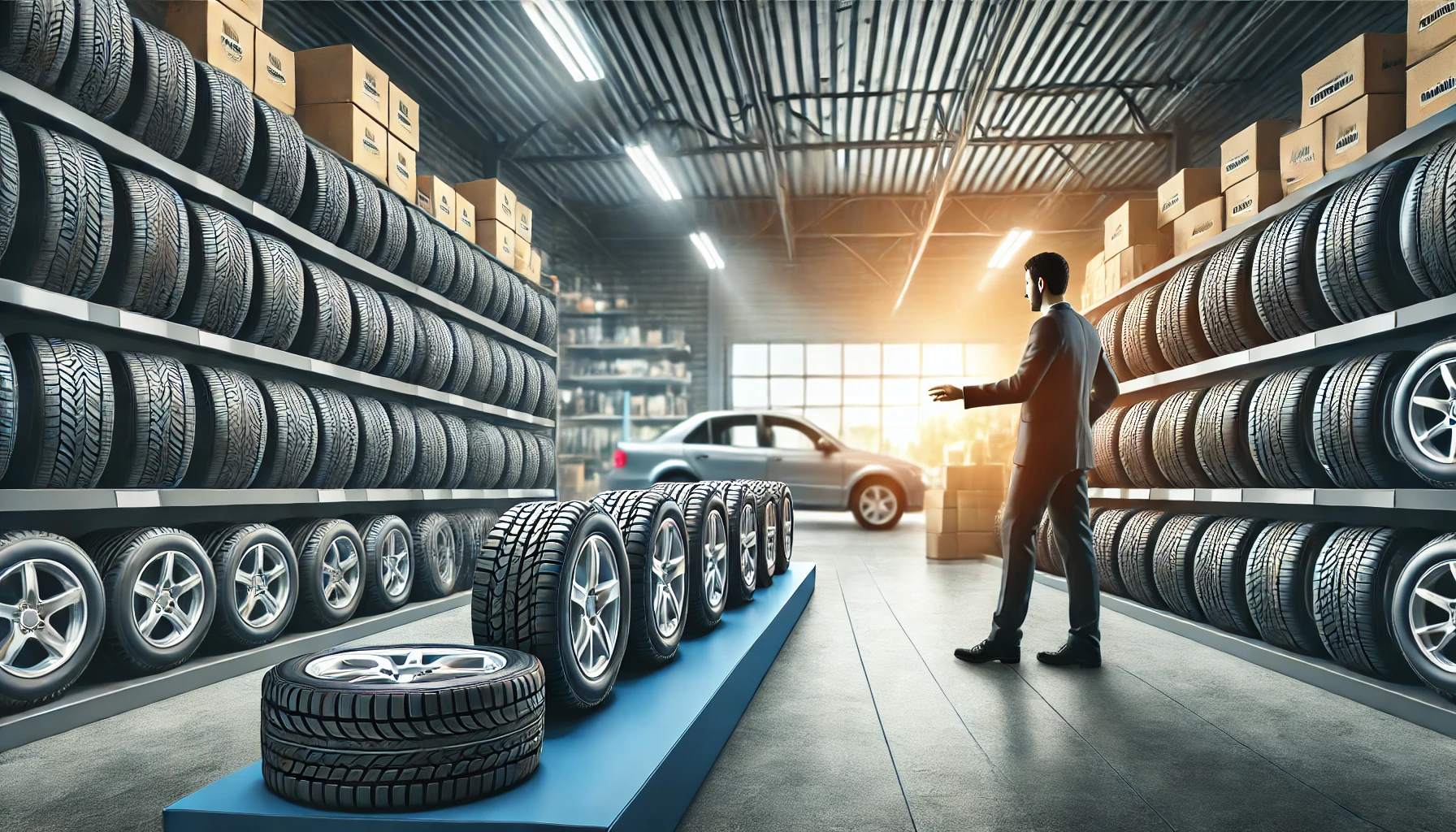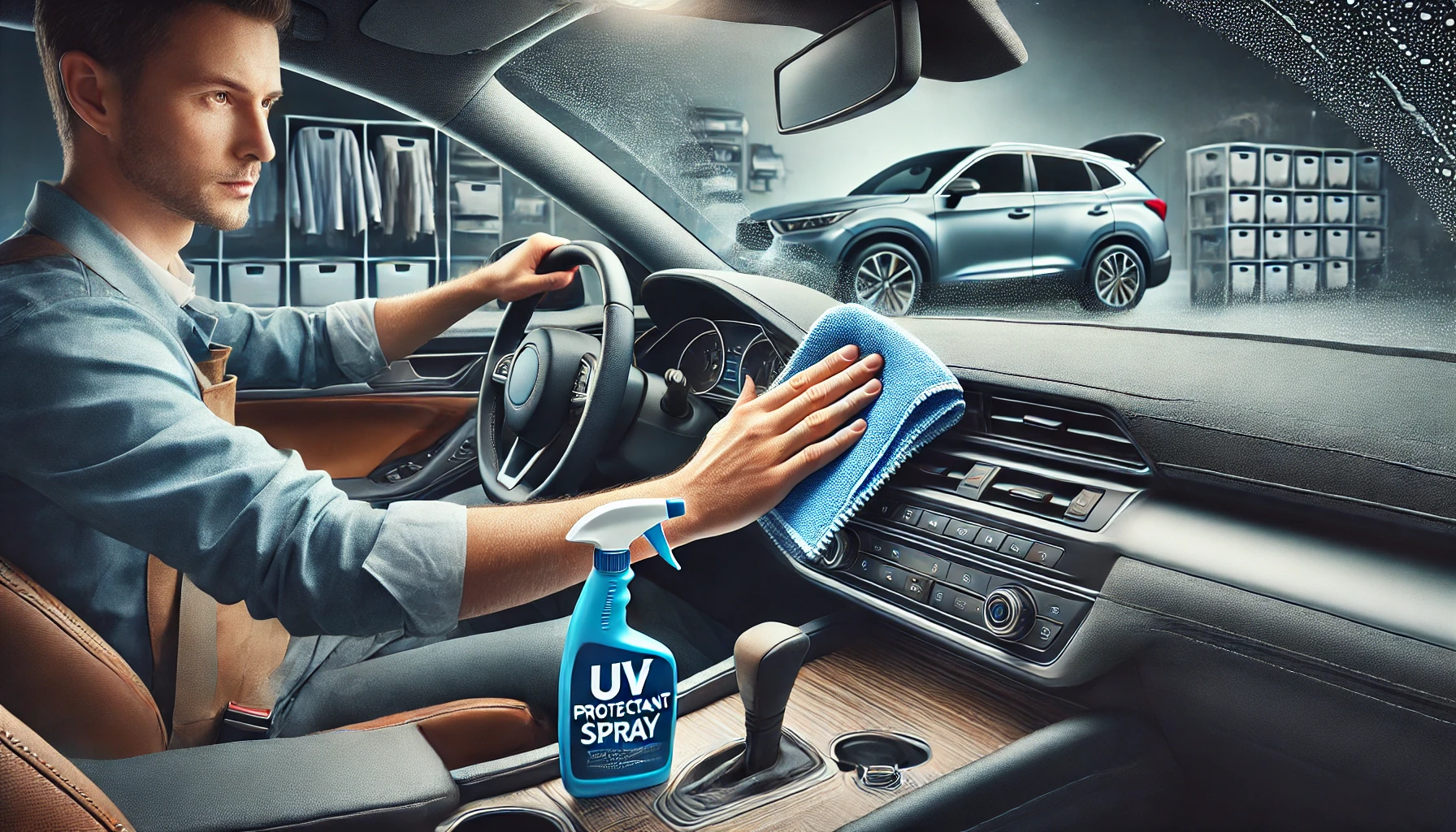The engine is the heart of your vehicle, and proper maintenance can significantly extend its lifespan. Many common engine problems result from neglect, but with the right care, your car can run smoothly for hundreds of thousands of miles. This guide will cover essential steps to keep your engine in top condition and avoid costly repairs.
1. Follow the Recommended Oil Change Schedule
Engine oil lubricates moving parts, reduces friction, and helps cool the engine. Old or dirty oil can lead to increased wear and overheating.
Best practices for oil changes:
- Follow the manufacturer’s recommended oil change intervals (usually every 5,000 to 7,500 miles for modern cars).
- Use the correct type of oil (conventional, synthetic blend, or full synthetic) as specified in the owner’s manual.
- Regularly check the oil level and top it off if necessary.
Skipping oil changes can lead to sludge buildup, reducing efficiency and potentially causing engine failure.
2. Keep the Cooling System in Good Condition
An overheating engine can cause serious damage, including a blown head gasket or warped cylinder heads. The cooling system prevents excessive heat buildup.
How to maintain the cooling system:
- Check coolant levels regularly and top off if necessary.
- Flush and replace coolant every 30,000 to 50,000 miles or as recommended.
- Inspect the radiator, hoses, and water pump for leaks or cracks.
If your temperature gauge rises above normal or you see steam coming from the hood, pull over immediately to avoid severe damage.
3. Replace Air and Fuel Filters on Time
The air filter prevents debris from entering the engine, while the fuel filter ensures clean fuel delivery. Clogged filters can reduce efficiency and cause performance issues.
When to replace filters:
- Air filter: Every 15,000 to 30,000 miles or more frequently in dusty conditions.
- Fuel filter: Typically every 30,000 to 60,000 miles, depending on the vehicle.
Replacing filters as needed improves engine performance and fuel efficiency.
4. Use High-Quality Fuel and Avoid Contaminants
Low-quality fuel can contain impurities that clog injectors and reduce combustion efficiency.
Tips for maintaining a clean fuel system:
- Use top-tier gasoline with detergents that clean injectors.
- Avoid fueling up when a gas station is receiving a fuel delivery (this stirs up sediment in underground tanks).
- Consider adding a fuel system cleaner every few months to remove carbon buildup.
High-quality fuel keeps the engine running efficiently and prevents costly repairs.
5. Avoid Short Trips When Possible
Frequent short trips prevent the engine from reaching optimal operating temperature, leading to increased wear.
Why short trips are harmful:
- Oil doesn’t heat up enough to burn off moisture, leading to sludge buildup.
- Battery charging is incomplete, reducing lifespan.
- Fuel efficiency decreases, increasing carbon buildup.
If possible, combine short trips into longer drives to allow the engine to reach proper temperature.
6. Drive Smoothly and Avoid Excessive Idling
Aggressive driving and prolonged idling put unnecessary strain on the engine.
How to reduce engine wear:
- Accelerate and brake gradually instead of driving aggressively.
- Avoid revving the engine excessively, especially when cold.
- Don’t let the engine idle for long periods, as this wastes fuel and increases carbon deposits.
A smoother driving style can significantly extend engine life.
7. Keep an Eye on Warning Lights and Unusual Noises
Your car’s dashboard warning lights provide early signs of potential problems. Ignoring them can lead to costly repairs.
Key warning lights to watch for:
- Check engine light: Could indicate anything from a loose gas cap to a serious issue.
- Oil pressure warning: Low oil pressure can cause severe engine damage.
- Coolant temperature warning: Overheating can lead to a blown engine.
Unusual noises like knocking, ticking, or whining should also be checked immediately by a mechanic.
8. Maintain the Timing Belt or Chain
The timing belt or chain synchronizes engine components. If it fails, it can cause catastrophic damage.
Replacement intervals:
- Timing belt: Usually every 60,000 to 100,000 miles (check your manual).
- Timing chain: Generally lasts longer but should be inspected regularly.
Ignoring this component can result in expensive repairs, including complete engine failure.
9. Keep the Battery and Electrical System in Good Condition
A weak battery or faulty alternator can cause voltage fluctuations, which can damage engine sensors and electronic components.
Battery maintenance tips:
- Clean corroded terminals to ensure good connections.
- Test the battery every 6 months or before long trips.
- Replace the battery every 3 to 5 years, depending on performance.
A strong electrical system ensures reliable engine operation.
10. Perform Regular Engine Inspections
Routine engine checks can help catch small problems before they turn into major repairs.
What to inspect regularly:
- Look for oil leaks under the car.
- Check the serpentine belt for cracks or fraying.
- Listen for unusual engine noises, such as knocking or clicking.
- Monitor the exhaust color (excessive black, white, or blue smoke could indicate a problem).
Regular inspections can prevent unexpected breakdowns and costly engine repairs.
Final Thoughts
Extending the lifespan of your engine requires regular maintenance and mindful driving habits. By keeping up with oil changes, monitoring the cooling system, using quality fuel, and addressing small issues early, you can ensure your car runs efficiently for years to come. A well-maintained engine not only saves money on repairs but also improves overall vehicle performance.


